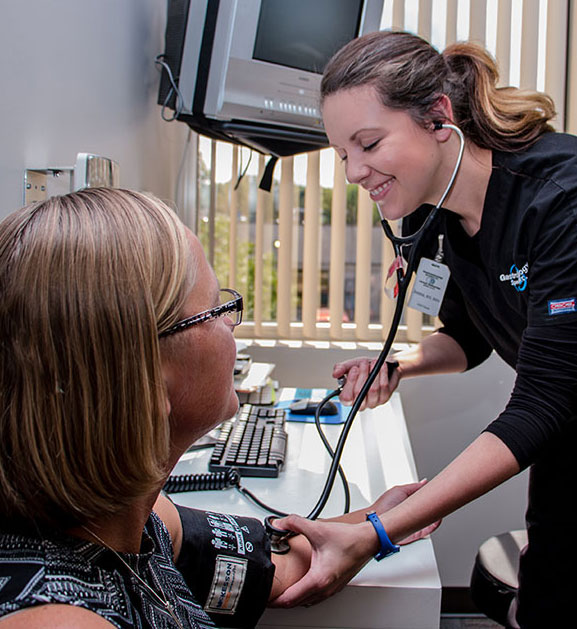MedPage Today (2/14, Smith) reports, “A camera in a pill, given in the emergency” department (ED), “is a sensitive way to detect upper gastrointestinal (GI) bleeding,” according to a study published online in Annals of Emergency Medicine. Investigators found “in a pilot 25-patient study, the camera – about the size of a large vitamin pill – was both accurate and well tolerated by patients who were suspected of having acute upper GI hemorrhage.” Additionally, “there was…’excellent’ agreement between gastroenterologists and” ED “physicians on the interpretation of images from the camera.”


